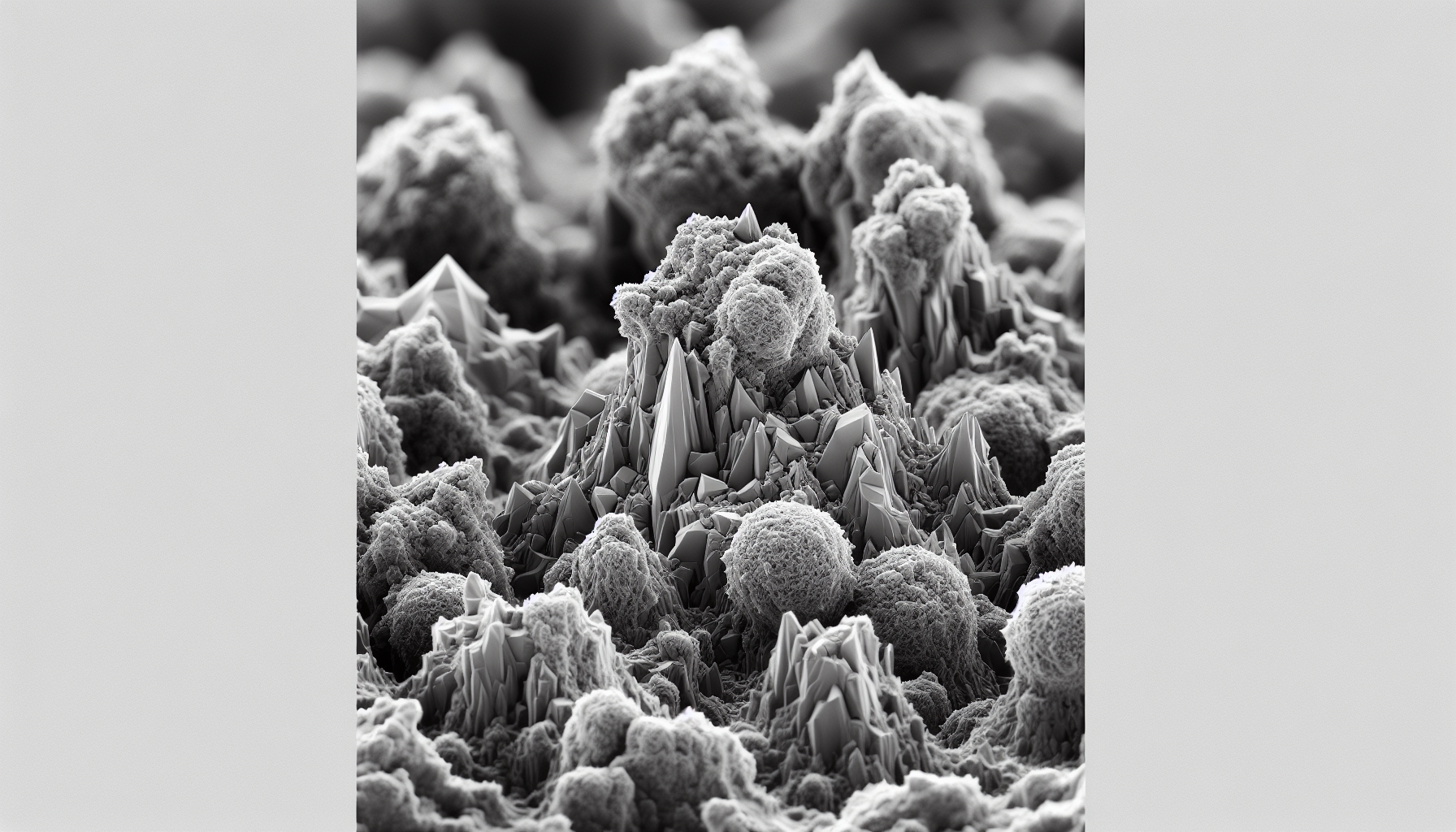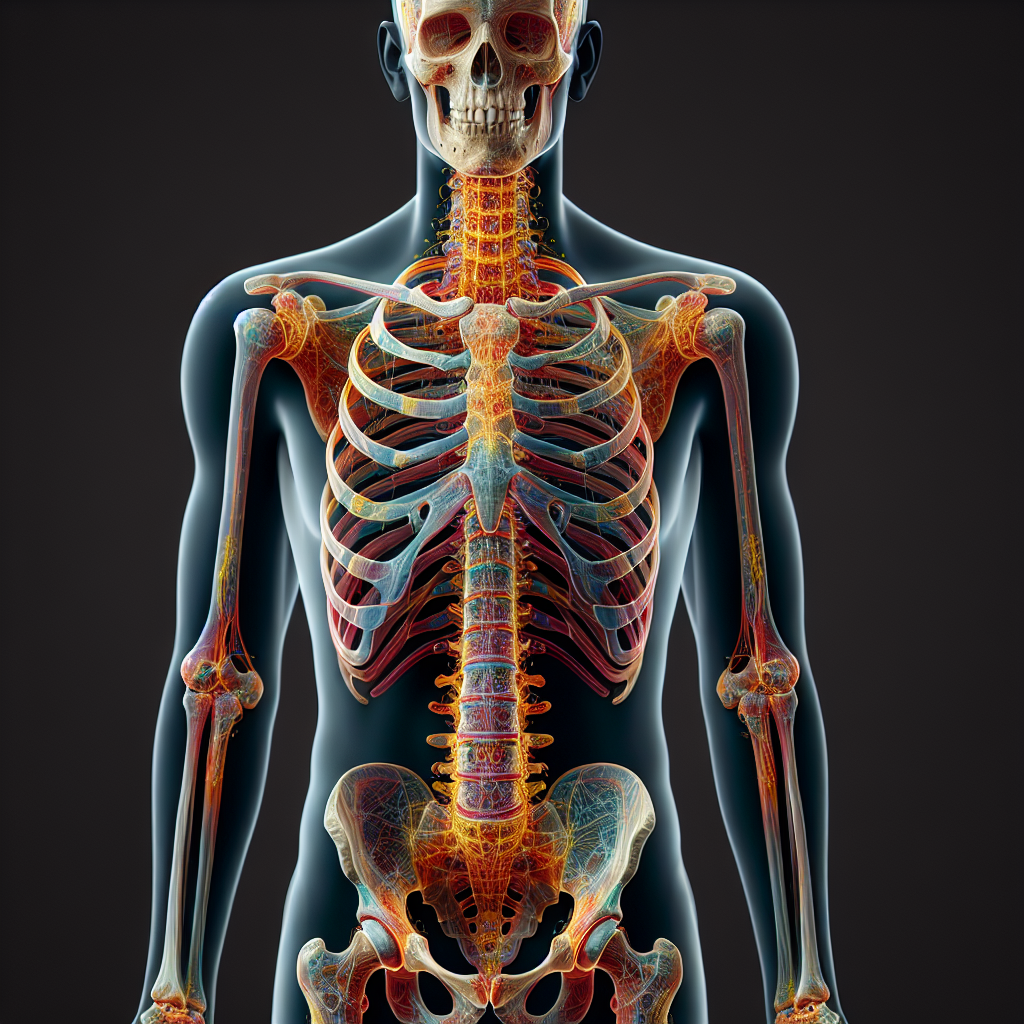Silica, a mineral found abundantly in nature, has been increasingly recognized for its role in bone health. It is a component of sand and quartz, and in the human body, silica is a trace mineral which means it is present in relatively small amounts. However, its impact on our overall health, particularly bone density, is substantial and warrants attention.
Understanding Bone Density and Health
Bone density refers to the amount of mineral matter per square centimeter of bones and is an important indicator of bone strength and health. Healthy bones are dense and strong, filled with calcium, phosphorus, and other minerals. As we age, bone density can decrease, leading to conditions such as osteoporosis, which increases the risk of fractures. Maintaining bone density is crucial for long-term health and mobility.
The Role of Minerals in Bone Health
Minerals are the building blocks of bones. Calcium and phosphorus are well-known for their roles in bone formation and strength, but trace minerals like silica are equally vital, though less discussed. Silica is involved in the formation of bone collagen and contributes to the bone matrix, giving bones their flexibility and resilience to withstand stress.
Silica’s Direct Impact on Bone Density
Recent research has highlighted silica’s direct impact on bone density. It suggests that silica stimulates the production of osteoblasts, the cells responsible for bone formation, and downregulates osteoclasts, the cells involved in bone breakdown. This dual action not only promotes increased bone density but also helps in maintaining it over time.
The Significance of Silica Supplementation
Given the importance of silica in bone health, its supplementation could be beneficial, especially for those at risk of bone density loss. Silica supplements are available in various forms, including capsules, liquid, and natural food sources. The bioavailability of silica from these sources can differ, highlighting the need for selecting the right supplement for optimal absorption and effectiveness.
For more insights into bone health and the role of various minerals, you might find The Importance of Regular Bone Density Screenings to be a valuable resource.
Dietary Sources of Silica
Silica is found in several foods that can be incorporated into our daily diet to ensure a steady intake of this mineral. Some of the richest sources include:
- Whole grains
- Green beans
- Bananas
- Rice (especially brown rice)
- Lentils
- Mineral water
Incorporating these foods into your diet can help maintain adequate silica levels, which supports bone density.
Synergy with Other Nutrients
For silica to be most effective in enhancing bone density, it should be taken in conjunction with other key nutrients, such as calcium, magnesium, and vitamin D. These nutrients work synergistically to promote optimal bone health. This interplay is crucial, as a deficiency in one could hinder the benefits of the others.
Understanding this synergy is essential, and resources such as Strategies for Maintaining Bone Health in Chronic Illness elaborate on how to manage bone health effectively amidst other health challenges.
Silica’s Role Beyond Bone Health
While the focus on silica often revolves around bone density, it’s important to note that this mineral also plays a role in other aspects of health:
- Joint Health: Silica is believed to benefit joint flexibility and cartilage integrity, which can reduce joint pain and improve mobility.
- Hair, Skin, and Nail Health: It’s known to enhance the strength and appearance of hair, skin, and nails, often included in beauty supplements for this reason.
For a broader understanding of the interconnectedness of body systems and health, the article Bone Health and Immune System Interactions can provide additional context.
Research on Silica and Bone Density
Evidence supporting the benefits of silica on bone density is growing. Several studies have found a positive correlation between dietary silica intake and higher bone mineral density. However, more research is needed to fully understand the mechanisms and to establish standard dosing guidelines.
External Resources for Further Reading
- A study published in the Journal of Bone and Mineral Research explores the relationship between silica intake and bone mineral density.
- The Journal of Nutrition, Health & Aging offers insights into micronutrients, including silica, and their impact on bone health.
- Research on the bioavailability of silica from different sources can be found in the American Journal of Clinical Nutrition.
These resources provide a niche and specific look at the role of silica in bone health, supporting the points made in this article.
Safety and Considerations
While silica supplements are generally considered safe, it is important to consult with a healthcare provider before starting any new supplement, especially for individuals with kidney issues or those taking diuretics, as silica is processed through the kidneys.
Conclusion
Silica’s role in enhancing bone density is an aspect of bone health that deserves attention. By understanding its impact and ensuring adequate intake through diet and supplementation, individuals can take proactive steps towards maintaining strong, healthy bones.
As we continue to explore the myriad ways in which minerals and nutrients affect our health, the role of silica stands out as a promising area for further research and application. Whether through diet, supplementation, or a combination of both, ensuring a sufficient intake of silica can contribute significantly to bone health and overall well-being.



